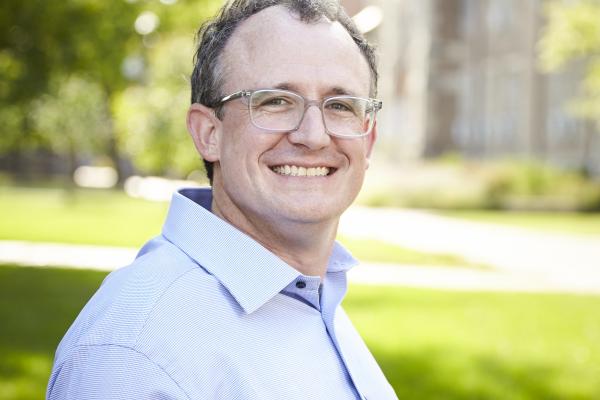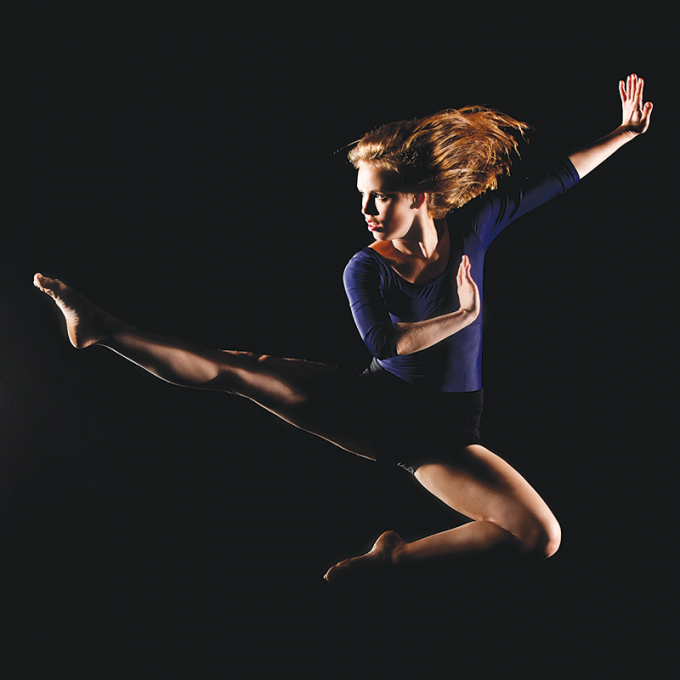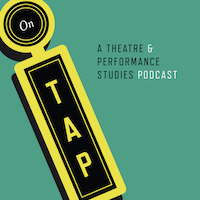Pannill Camp studies performance theory, theatre architecture, and the history of modern western theatre, in particular exchanges between theatre and philosophy in seventeenth and eighteenth-century France.
Pannill Camp is an Associate Professor of Drama, where he teaches theater history and theory, dramatic literature, and performance theory. His research focuses on exchanges between theater, architecture, and philosophy in eighteenth-century France, French freemasonry as a set of performance practices, and the antecedents of performance theory in social thought from the eighteenth through twentieth centuries. He is the author of The First Frame: Theatre Space in Enlightenment France (Cambridge University Press, 2014), which received an honorable mention for the Association for Theatre in Higher Education (ATHE) Outstanding Book Award for 2015, and was short-listed for the 2015 Kenshur Prize, awarded by the Indiana University Center for Eighteenth-Century Studies.
He is at work on two new book projects that explore the social dimensions of performance in the modern era. One, entitled Arts of Brotherhood: French Freemasonry in Performance, looks at the ways embodied performances helped freemasons in eighteenth-century France forge models of masculine homosocial behavior and preserve an esoteric body of knowledge. The other, entitled Performance and Social Theory, traces theatrical ideas in social theory from Montesquieu and Adam Smith to the mid-twentieth century sociology of Erving Goffman.
Before arriving at Washington University, Pannill was a postdoctoral fellow at the Mahindra Center for the Humanities at Harvard and taught in Harvard’s History of Art and Architecture department. His articles have appeared in journals including Theatre Journal, Philological Quarterly, the Journal for Eighteenth-Century Studies, the Journal of Dramatic Theory and Criticism, and Performance Research. Pannill has directed several productions, including plays by Molière, Ibsen, Strindberg, and Mac Wellman. He is also a co-host of On TAP: A Theatre & Performance Studies Podcast along with Sarah Bay-Cheng and Harvey Young.




